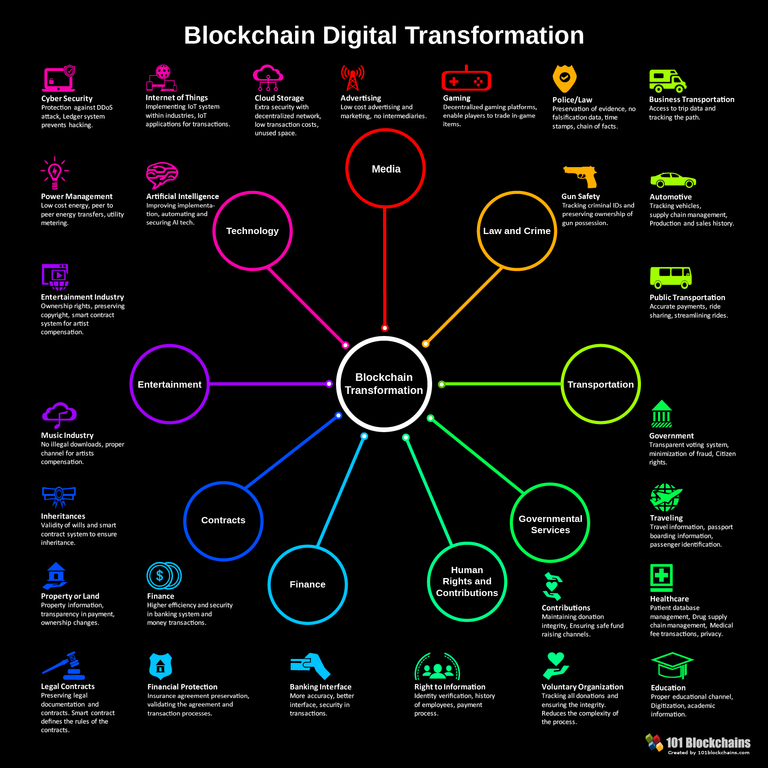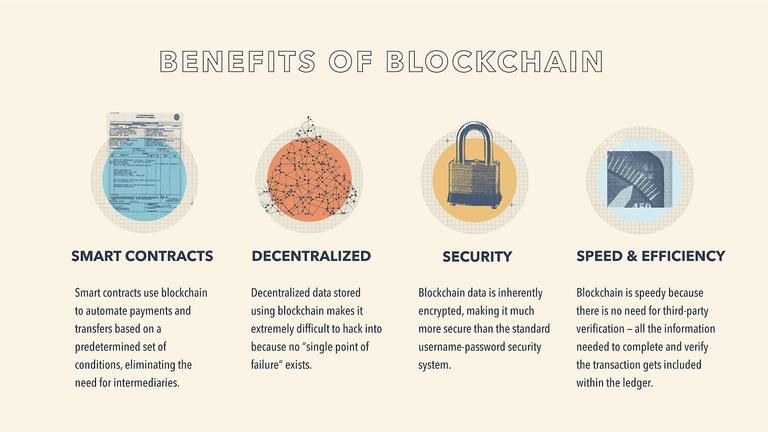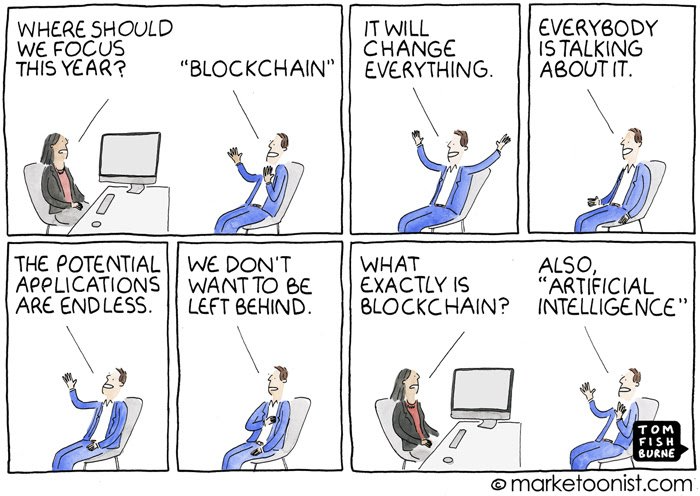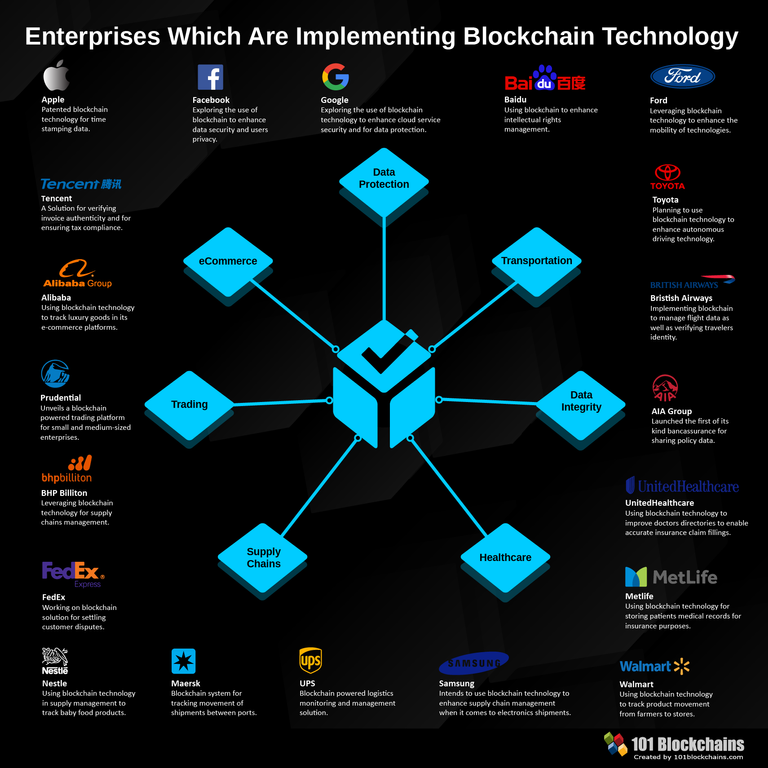Those retailers that have already incorporated blockchain into their day-to-day have begun to create new opportunities for both themselves and the consumer

Blockchain has already revolutionised how people and businesses invest their money, and has made huge changes to how financial payments are processed. And the technology is also increasingly being used by businesses within the retail sector to enhance and customise the services they are already offering. Those retailers that have already incorporated blockchain into their day-to-day have begun to create new opportunities for both themselves and the consumer.

Consumer privacy
Data protection has been a major talking point for many different sectors of business in recent years. For a business, data breaches mean customer’s data is potentially put at risk, and often means their public brand perception suffers a hit. In retail, consumers often give out their personal data to companies that they interact with – these companies then store the information in their own database, but this allows for several potential points of failure.
By using blockchain-based tech, retailers can store sensitive information in a decentralized folder that cannot be hacked, and access can be limited only to those with full permissions.
Loyalty schemes
When it comes to retail loyalty schemes, blockchain is the perfect mix of tried and tested ideas and modern innovation. All too often, consumers forget about the loyalty points that have accumulated on their accounts over months and years, but by using blockchain based crypto points retailers can offer digital tokens to provide customers with something they actually want – crypto coins that they can use to invest or spend elsewhere.
Customers are likely to pay a return visit if they know their digital wallet will grow as a result. Cryptocurrency-based loyalty schemes also allow retailers to capture the attention of a younger generation of shoppers who are more likely to be interested in crypto and blockchain technologies, as well as ultimately improve the customer experience and encourage repeat purchases.
image 0 1.png]Payments and e-commerce
Blockchain is best known for its use as a safe and secure transaction system for cryptocurrencies. Through blockchain, retailers can process these crypto payments, accept cross-border payments and micro-payments and expand e-commerce payment options to provide more choice for shoppers. Blockchain also provides digital records which can make return and refund processes more streamlined, and can also make payments instantaneous and refunds automated.
Supply chain visibility
As consumers have become more ethical in their purchasing decisions, often wanting to know the origins of their purchases and their impact on the environment, it’s now more important than ever that greater visibility is provided – something which traditional supply chain methods struggle to do.

Blockchain cannot be altered and keeps an accessible record, which provides a more complete view of every step when used in the supply chain process. This therefore allows customers and retailers track goods between each link in the supply chain.
So, for example, a superstore using a blockchain-based system could tell you exactly who made your pre-packed salad and where, as well as informing you about each individual ingredient in order to prove any Fairtrade or organic credentials.
Greater point-to-point visibility can help enhance a retailer’s customer relationship, as well as improving authenticity for the brand as the risk of counterfeit goods such as luxury items, pharmaceuticals and antiques getting into stores is greatly reduced.
Article link: https://coinrivet.com/how-retailers-can-make-use-of-blockchain/

About 125.92$ has been spent to promote this content using Steemium.
Learn more here!